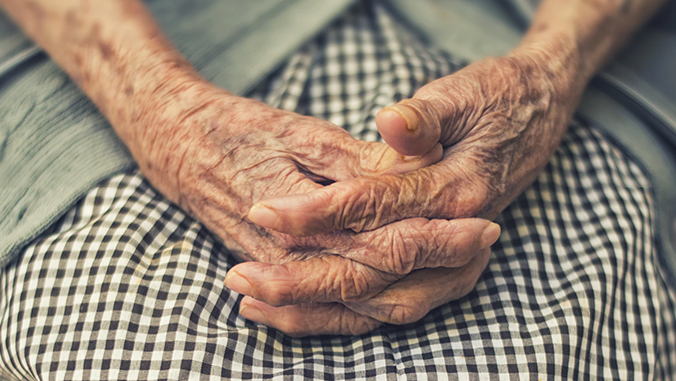
Women who go through early menopause may have worse health later in life, including slowed walking and weakened grip strength, compared to women who experience menopause at the average age or older. This means it’s important for women to have sufficient physical reserves as they enter and complete this phase of life.
Those are the findings of two international research studies involving faculty in the Office of Public Health Studies at the University of Hawaiʻi at Mānoa.
“We investigated how women’s age at menopause may be linked to their physical functioning. Many previous studies have focused on the decrease in women’s bone density that occurs after menopause, but the decrease in muscle strength and the effects of early menopause have been less researched,” said Catherine Pirkle, an assistant professor in the Myron B. Thompson School of Social Work. “Our findings add to a growing body of work that shows going through menopause at an earlier age is linked with poorer health outcomes in later life.”
Early menopause warnings
Previous studies have shown that estrogen decline after menopause has a negative effect on women’s bones and heart health, which can lead to worsened physical function over time. Menopause typically occurs between the ages of 50 and 52 in high-income countries such as the U.S. and Canada.

In one of the new studies, Pirkle and her co-authors looked at data from 775 post-menopausal women ages 65 to 74 in Albania, Brazil, Colombia and Canada. The researchers found that those who went through menopause at age 55 or older performed better on a test of walking speed than women who went through menopause between the ages of 50 and 54.
They also found that the women who experienced menopause before age 40 had significantly lower grip strength compared to those who went through menopause after 40, according to findings published in the journal Maturitas.
In another study, researchers looked at data from nearly 10,000 women in Canada. The results showed that women who went through menopause before age 40 had a lower walking speed as well as lower grip strength compared to those who went through menopause between the ages of 50 and 54. That paper is published in the journal Menopause.
A message for older women
Since walking speed and grip strength are two indicators that researchers use to determine a person’s overall strength and physical functioning, the new findings suggest that it is important for women to have sufficient physical reserves before they enter menopause.
A general decline in physical function can increase women’s risk for falls, which can lead to disabilities and greatly affect their quality of life. Those who go through early menopause should be considered a priority group for initiatives aimed at improving physical function and promoting healthy aging, the researchers concluded.
Physical reserves develop earlier in life, when women are younger adults, so the findings suggest that interventions are needed to help women improve their health throughout their lives.
Pirkle’s co-authors on the studies include Maria P. Velez, Nicole Rosendaal, Beatriz Alvarado and Harriet Richardson, all of Queen’s University in Canada; Saionara Camara of the Federal University of Rio Grande do Norte in Brazil; and Emmanuelle Belanger of Brown University in Rhode Island.
More about the Office of Public Health Studies at UH News.
—By Theresa Kreif

